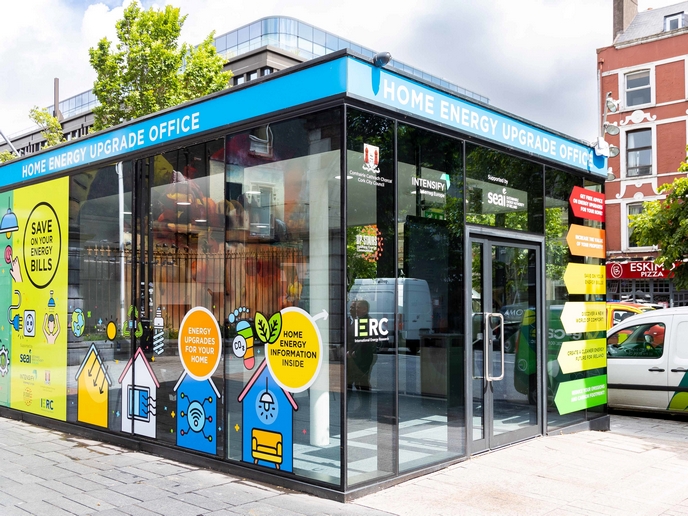Online and brick-and-mortar ‘one-stop shops’ for information and advice on establishing energy communities generated EUR 135 million investment, nearly double that targeted.

Citizens and municipalities are increasingly interested in becoming prosumers rather than consumers, and EU legislation supporting local collective energy actions – smaller groups working together with common goals – is accelerating. These actions will play an essential role in meeting the EU’s ambitious goals for energy, environment and climate while enabling greater energy independence and financial savings.
Renewable energy communities (RECs) and citizen energy communities (CECs) are two types of collective energy actions gaining traction. Although similar, their interaction with the energy markets differs and public knowledge and understanding of these concepts is lacking. The EU-funded UP-STAIRS project set out to accelerate their development by providing a common framework for their establishment and operation based on ‘one-stop shops’ for interested parties.
UP-STAIRS’ one-stop shops were designed to engage and educate the public about collective energy actions and to support cooperation between citizens and local authorities. The services and topics addressed in the five pilot regions were tailored based on targeted region profiles.
The one-stop shops provided information such as the potential costs associated with retrofitting a building and provided information about contractors who might carry out the work. They also shared advice about the formation and operation of energy communities and helped connect people who would like to create an energy community.
‘Implementation champions’ from UP-STAIRS partners, national energy forums, professional bodies or other organisations spearheaded the information and support services. According to project manager Lorena Sánchez Relaño of the International Energy Research Centre at University College Cork:
“The implementation champions were trained to train others, to guide and represent the energy communities and to identify opportunities where collective power could benefit all actors.”
The one-stop shops were highly successful, meeting all targets and exceeding them in many cases. Fifty percent more people became involved or engaged in advice and consultation than originally planned and it is estimated that UP-STAIRS generated double its targeted investment (about EUR 135 million in total). Furthermore,
“two pilots responded to interest by promoting and advising on photovoltaic (PV) energy installation, resulting in almost 80 MW of potential new PV installations. When included in expected energy savings, the project achieved almost six times more potential savings than originally expected,” explains Pádraig Lyons, Head of Group at the International Energy Research Centre and project coordinator.
Read the full report here ‘UP-lifting Communities: Structuring collective Action for Sustainable local Transition and Identifying Regulatory Solutions for adopting frontier technologies and disruptive business models‘.
